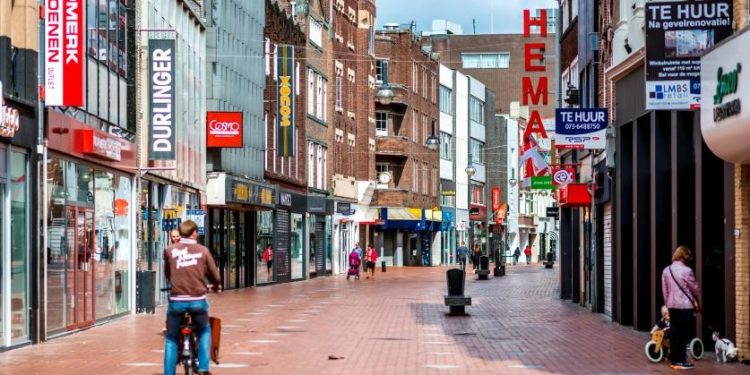AMSTERDAM – The Dutch economy did not end up in a recession as economists feared. After a 0.2 percent contraction in the third quarter, the economy grew by 0.6 percent in the last quarter of 2022, Statistics Netherlands (CBS) reported based on initial figures on Tuesday. The growth was driven by consumers spending more, the stats office said.
To fall into a recession, a country’s economy must shrink two quarters in a row. That has not happened.
In the entire 2022, the Dutch economy grew by 4.5 percent, mainly thanks to consumer spending and an increase in the trade balance. The growth was slightly less than in 2021 when the economy grew 4.9 percent. “Two years in a row, these growth figures have not yet happened this century,” CBS said. Compared to the 4th quarter of 2021, the economy grew 3 percent in the last three months of 2022.
Household consumption increased by 0.9 percent in the fourth quarter of 2022 compared to the third quarter. Adjusted for price changes, consumers spent more on services like culture and recreation, catering, and transport and communication.
In December, households spent 9.9 percent more than in the same month the year before, CBS said. Services were in high demand, with spending increasing by 20 percent. Spending on goods decreased by 0.6 percent. CBS adjusted the consumption figures for price changes.
Government consumption increased by 0.4 percent in the fourth quarter. Investments in fixed assets rose by 0.5 percent, specifically in housing, buildings, and infrastructure. Exports of goods and services increased by 2.4 percent. And imports rose by 2.2 percent.
The Dutch economy performed better than in neighboring European countries in the last quarter of 2022. In France and Belgium, the economy grew by 0.1 percent. The German economy, the largest in the EU, contracted by 0.2 percent. The average growth in the EU was 0 percent. The UK economy achieved 0 percent growth, and the United States economy grew by 0.7 percent.


















